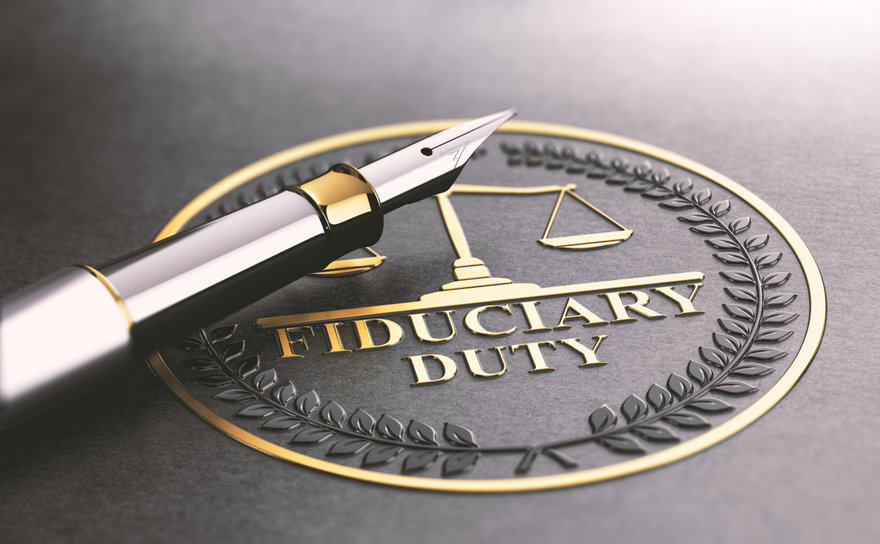What is fiduciary duty?
When you hire a new employee, he or she owes you a fiduciary duty. A fiduciary duty is a duty to act in a way that will benefit the employer. Depending on the role, the person may owe you a duty of care, duty of loyalty, duty of good faith, duty of confidentiality, duty of prudence, and a duty of disclosure.
Do all employees owe a fiduciary duty to employers?
Typically, the duties an employee owes you depend on the relationship you have with them. High-stakes jobs such as Partners and Corporate Officers have more duties than employees with fewer responsibilities.
For example:
- A Partner at a large company will owe duties such as reporting the profits received as a partner, managing the company with care, and acting in the interest of the company.
- Similarly, a Corporate Officer has a duty to act in the best interest of the company, to perform due diligence before making business decisions for the company, reveal and resolve conflict of interests, and receive the appropriate approval from investors, managers, and directors from the company.
- More generally, Employees with fewer responsibilities still owe a fiduciary duty to the employer. In every job, the employee must act in the best interest of the employer, and should not personally take advantage of a business opportunity that belongs to the company nor steal confidential information, and should be truthful to the employer.
What is a breach of fiduciary duty?
In Florida, an employee breaches the fiduciary duty if:
- You can establish that the employee owes you a fiduciary duty.
To establish a fiduciary relationship, courts look at the dependency of the employee on the employer, and the degree of undertaking of the employer to advise, counsel and protect the employee.
- The employee’s actions were such that he breached the duty.
For example, if your employee has been stealing confidential information, he has been breaching his fiduciary duty all along. The actions must be such that the employee could not have reasonably worked in good faith and in the best interest of the company.
- You suffered damages as a direct result of the breach.
Not all breaches of fiduciary duty will lead to damages. If your company suffers negative consequences as a result of the breach of fiduciary duty, you may have a claim against the employee. For example, if you have lost business or investors, or if confidential information has been shared with the public, you can claim damages.
What damages can you claim after your employee breaches his fiduciary duty?
You can receive different types of damages after a breach of fiduciary duty. Namely, damages include:
- Compensatory damages: these damages are designed to compensate for the loss caused by the breach. For example, if your employee’s breach cost you a $100,000 contract, you may be awarded damages to compensate part or the total amount you would have received but for the employee’s breach.
- Punitive damages: these damages are designed to punish the employee when compensatory damages are not enough. If the breach is so serious that receiving only monetary compensation is not satisfactory, the court may award punitive damages. Punitive damages are not as common as compensatory damages in a breach of fiduciary duty but may be awarded to prevent the employee from breaching a fiduciary duty in the future.
- Equitable relief: when monetary compensation is not enough, the court may also grant the employer equitable relief, which means that the court will order the guilty employee from doing or refraining to do something. This includes rectification of a situation, specific performance, or restitution.
- Nominal damages: Courts in Florida have awarded nominal damages (monetary damages) on claims for breach of contract and breach of fiduciary duty. These damages are appropriate when the breach was not accompanying loss or harm to the company, and therefore, compensatory damages are not appropriate because it is impossible to determine the financial impact of the breach on the company.
If you have recently discovered that your employee is breaching his fiduciary duty, or if you are wrongfully accused of breach of fiduciary duty by your employer, contact the experienced attorneys at EPGD Business Law.








